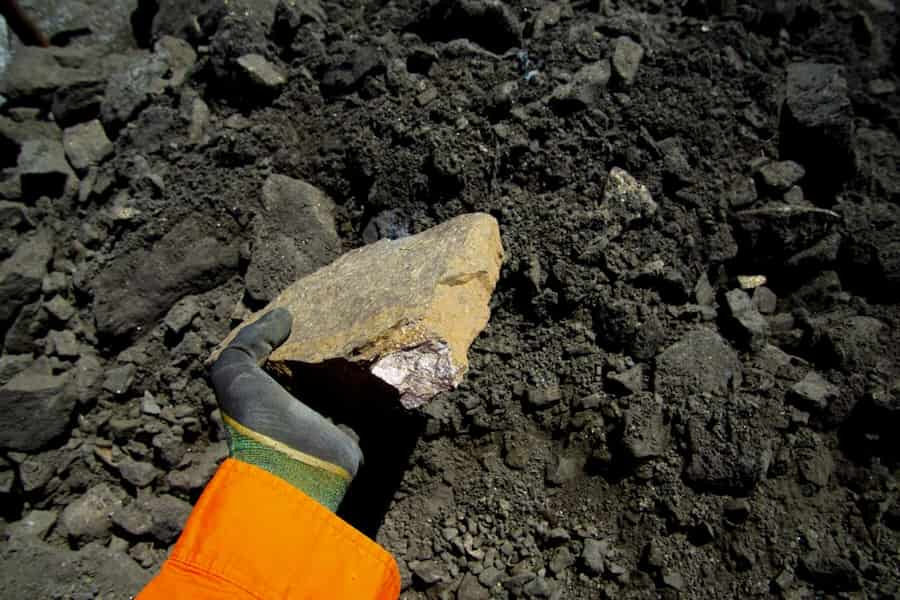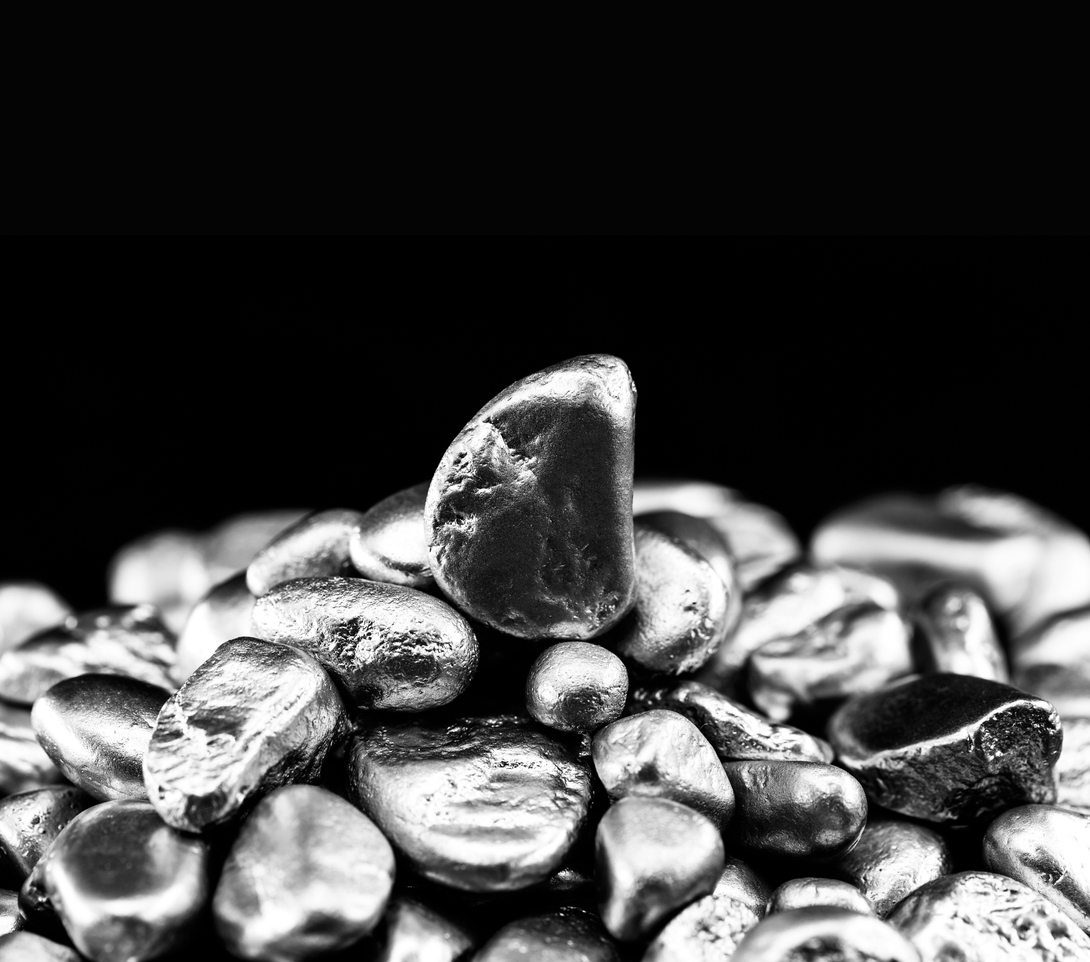Spotlight On: Nickel and Cobalt Alloys
At Dean Group, we work with a variety of materials, such as nickel and cobalt, as well as its alloys. We use them mainly for the premium grade investment casting process, a method that offers many advantages, including high accuracy, precision and low initial tooling costs.
Nickel and cobalt have been used for a very long time, as their properties make them ideal in a range of applications and markets. If you have any questions about these materials, we're always on hand to answer them, so get in touch with us.
Alternatively, take a look at what makes these materials so great and why you should consider them.
What is Nickel?
This metal has the periodic table symbol Ni and the atomic number 28. It's silvery-white in appearance and offers properties like resistance to heat, ductility and resistance to corrosive substances. Nickel is also the fifth most abundant element on Earth, so it's found naturally on the crust. The planet's core also has a high concentration of this metal.
Nickel can be alloyed with other materials, including cobalt, which leads to alloys with enhanced properties. Materials with a nickel base are suitable for aircraft manufacturing, for medical uses and for nuclear stations because of how resistant to high temperatures they tend to be.
What is Cobalt?
Cobalt has the symbol Co and the atomic number 27, and it's also found in the crust. This metal is often mined from Africa and has several applications, such as orthopaedic implants and jewellery. Its properties make it an invaluable metal in investment casting, especially its resistance to corrosion and to wear and tear.
Cobalt is also a material that lasts for a long time, and this durability is highly sought-after in many sectors, from medical to aerospace. Tonnes of cobalt are used every year, including in alloys, as this metal is incredibly useful for items like batteries and electronics.
Properties of Nickel-Cobalt Alloys
One of the most popular alloys that use these metals is Alnico, a combination of aluminium, nickel and cobalt, a material that creates permanent magnets.
Alnico is highly used because it's stable even under high temperatures – maintaining its magnetism – and it's also sturdy and durable, so it's a good option for difficult environments. You'll see alnico in places like turbine blades and aircraft engines.
Other properties of nickel-cobalt alloys include the following:
- Hardness (especially due to the addition of cobalt)
- Resistance to compression
- Strength
- Resistance to corrosion (making them suitable for marine environments, for example)
- A degree of conductivity (mainly because of the nickel)
- Ferromagnetism
- Durability
The addition of cobalt means that the alloy is not as ductile and malleable so, if you're looking for a material that can be more easily worked, then changing the quantity or cobalt or even opting for another nickel-based alloy may be a solution.
Applications of Nickel-Cobalt Alloys
Together, nickel and cobalt are capable of creating superalloys that are the only option for incredibly demanding and harsh environments, such as engines. They're typically capable of resisting – and performing well under – temperatures of 1000oC or more, which not all materials are capable of withstanding.
So, you can find nickel-cobalt alloys in sectors and applications like:
- Weaponry
- Jewellery
- Coins
- Jet engines
- Gas turbines
- Chemical processing
- Petroleum refining
- Marine sector
- Electronics
This is not a comprehensive list, as nickel-cobalt can be used virtually everywhere because they are flexible and can be used under many different conditions.
Dean Group and Nickel-Cobalt Alloys
Both these metals can easily alloy with others and each other. This means there are a vast number of materials to choose from in manufacturing, so you can get the exact castings you require for your project.
There are also many advantages to using nickel-cobalt alloys instead of other materials. Their strength, resistance to corrosion and resistance to high temperatures ensures their presence in some of the toughest environments.
And, at Dean Group, we can easily work with these materials to manufacture your products. Our premium grade investment casting process allows us to produce castings of up to 30 kilos (or 150 kilos with our partners in China) and is ideal for both small and large volume runs.
You can also opt for rapid casting prototyping and digital simulations before manufacturing, allowing you to tweak and improve your design as well as save time and money. With this casting method, we can also add the finish you want to the castings, be it polishing or anodising.
You can rest assured quality is at the forefront of everything we do as well, as our method is ISO 9001, ISO 9002 and TS16949 approved. Our expert team will answer any questions you may have about these or any other materials and ensure that your castings meet the exact requirements of your project.
Registered in England VAT No: 146307478 Company Registration No: 1062820







